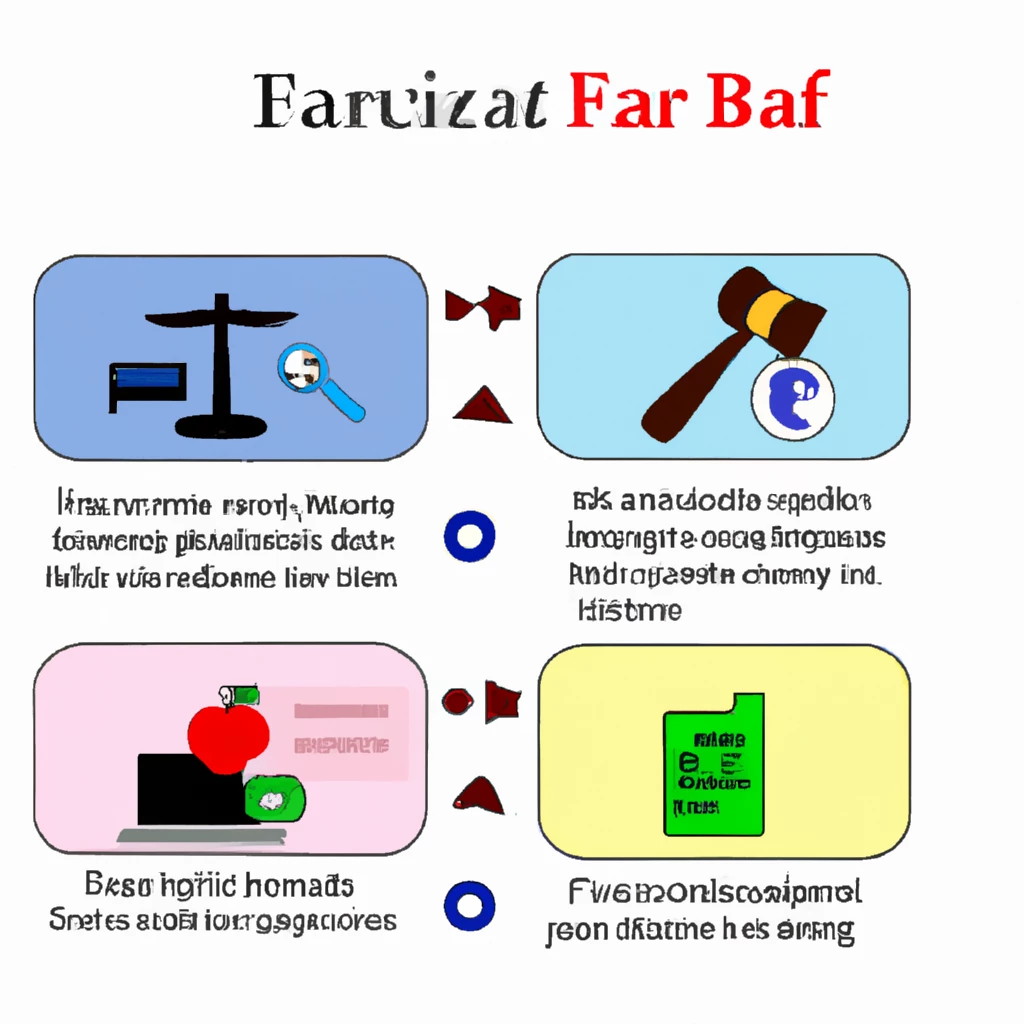Understanding the Fair Credit Billing Act
The Fair Credit Billing Act, passed in 1974, is a vital federal law safeguarding consumers against unfair credit billing practices. It empowers individuals to challenge unauthorized charges on their accounts, as well as payments for goods or services that were never delivered.
Key Points to Note:
- The FCBA shields consumers against unjust billing practices, particularly in open-end credit arrangements like credit cards and lines of credit.
- Exceptions include loans such as auto loans or mortgages, which fall outside the FCBA’s coverage.
- Covered billing discrepancies encompass unauthorized charges, inaccuracies in dates or amounts, and miscalculations.
- Consumers have 60 days from bill receipt to dispute a charge with their card issuer or lender.
- While the FCBA focuses on billing, the Fair Credit Reporting Act (FCRA) manages the usage of personal consumer data.
- A chargeback involves refunding a customer after successfully contesting a transaction.
Operational Mechanisms of the Fair Credit Billing Act
The enforcement of the Fair Credit Billing Act falls under the jurisdiction of the Federal Trade Commission, particularly guarding open-end credit setups like credit cards and charge accounts. The Act shields consumers from various unfair billing practices, including:
- Unauthorized charges
- Inaccurate dates or amounts on charges
- Payments for undelivered goods or services
- Receipt of goods or services that do not meet expectations
- Errors in calculations
- Charges necessitating clarification
- Billing statements sent to incorrect addresses
Important Note:
During investigations, consumers can only withhold payment on disputed amounts, not the entire bill.
Guidelines for Consumers
- Consumers have 60 days post-bill receipt to dispute charges with the card issuer or lender.
- Disputed charges must exceed $50 to qualify for dispute resolution.
- Complaints must be in written form, except in cases of lost or stolen credit cards.
- If an unauthorized user misuses a credit card, the cardholder’s liability is limited to $50.
- In merchant disputes, consumers can seek assistance from the issuer in resolving conflicts.
- Lender investigation outcomes can be challenged within 10 days.
Protocols for Card Issuers and Lenders
- Responding to complaints within 30 days of receipt.
- Conducting investigations within 90 days without collecting payment, levying interest, or reporting to credit agencies.
- Correcting errors and refunding charged fees if disputes are substantiated.
- Providing documented explanations if disputes are deemed invalid.
Note:
Although the FCBA caps cardholder liability for unauthorized charges at $50, many card issuers offer zero-liability policies reducing this liability to $0.
Comparing FCBA with FCRA
The Fair Credit Billing Act and the Fair Credit Reporting Act serve to safeguard consumers, yet each has distinct objectives. While the FCBA addresses billing fairness, the FCRA focuses on preserving the integrity of consumer data.
The FCRA governs the collection and dissemination of consumer credit information, ensuring responsible information usage.
In essence, the FCBA shields consumers from billing injustices, while the FCRA safeguards against misuse of personal details.
What Kinds of Credit Aren’t Covered by the Fair Credit Billing Act?
The Fair Credit Billing Act applies solely to open-end credit like credit cards and home equity lines, omitting closed-end credit such as auto loans or mortgages. Disputes involving closed-end credit fall under different regulations like the Real Estate Settlement Procedures Act (RESPA) governing mortgage-related contentions.
What Does “Account in Dispute” Signify?
Under the Fair Credit Billing Act, “account in dispute” denotes the 90-day phase within which a credit issuer investigates consumer disputes. Remediation or justification for considering a dispute invalid must occur within this period.
Can a Consumer Challenge a Non-Refundable Charge?
Consumers hold the right to dispute non-refundable charges, provided they possess a valid claim such as non-receipt of the product/service or lack of authorization for the charge.
What Constitutes a Chargeback?
A chargeback involves reimbursing a customer upon successfully contesting a specific credit transaction, effectively reversing the initial payment.
Does a Credit Billing Dispute Impact Credit Scores?
No, disputing charges has no bearing on credit scores. However, issuers may report disputes to credit bureaus during investigations, potentially reflecting in consumer credit reports.
Final Thoughts
The Fair Credit Billing Act is a crucial shield against unfair billing practices, offering consumers a pathway to challenge errors and unauthorized charges, mandating investigating and resolving processes by credit issuers.
